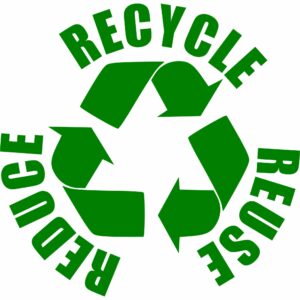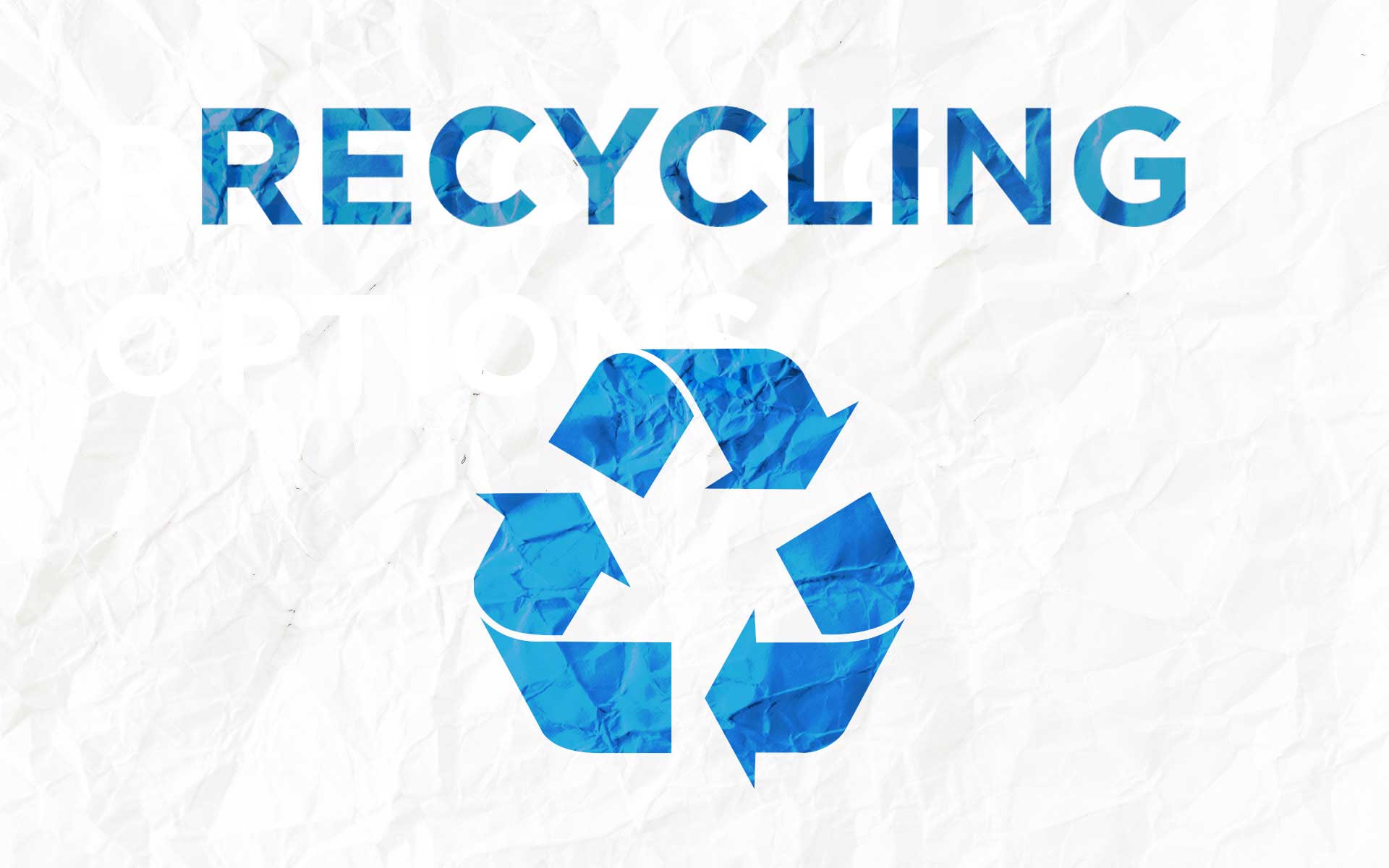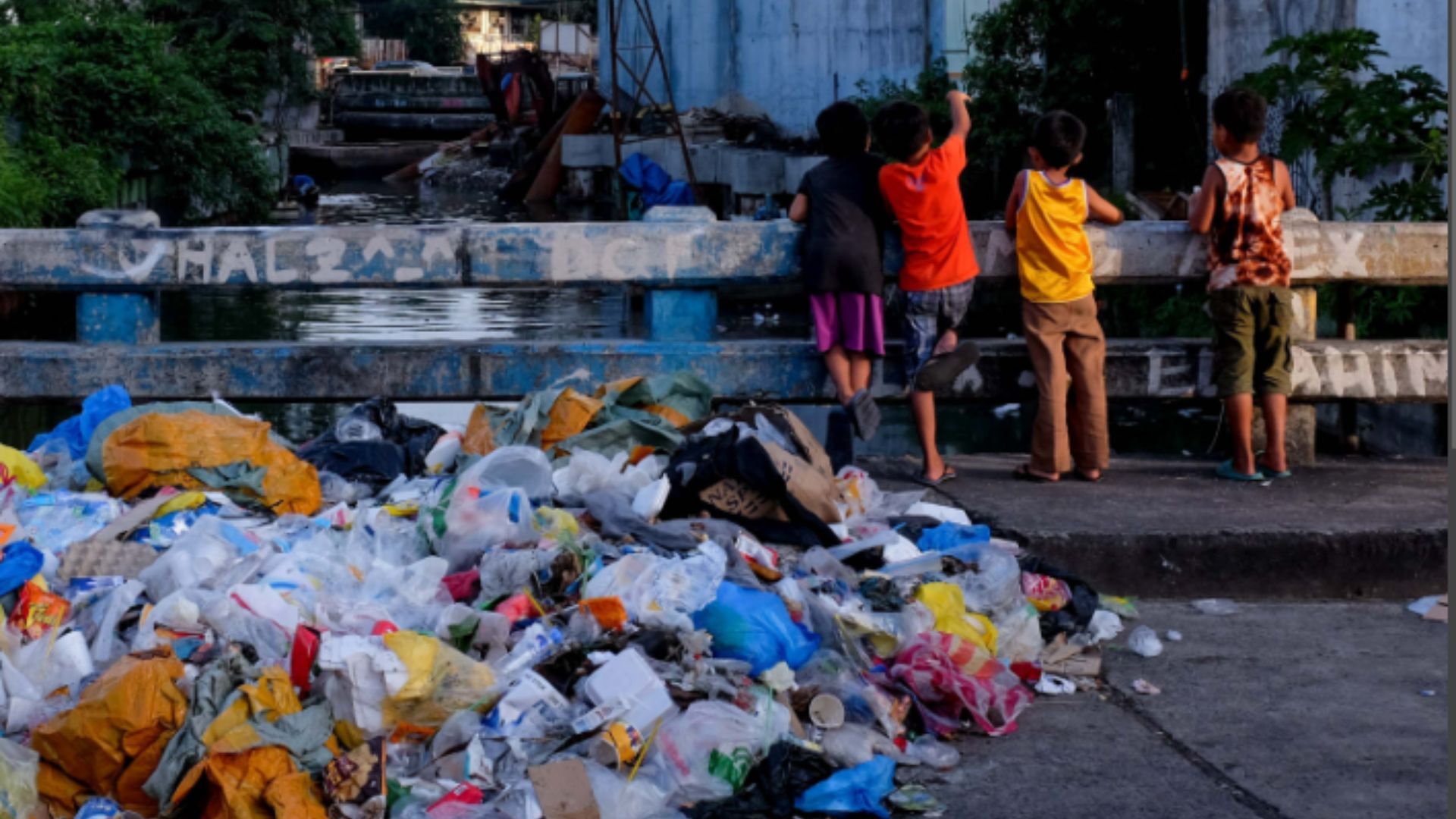In the face of environmental challenges, the importance of recycling cannot be overstated. As our planet grapples with the consequences of excessive waste, implementing effective recycling schedules emerges as a pivotal step towards a sustainable future. This article delves into the significance of recycling schedules. Therefore providing practical insights on how individuals and communities can contribute to a greener tomorrow.
Understanding the Importance of Recycling Schedules
To begin with, recycling schedules serve as a structured framework that enables individuals and communities to efficiently manage their waste. These schedules not only streamline the collection process but also contribute to the reduction of landfill waste and the conservation of valuable resources. Hence, by adhering to a well-designed recycling schedule, individuals can make a tangible impact on their local environment and the planet at large.
Tailoring Recycling Schedule to Local Needs
In addition, one size does not fit all when it comes to recycling schedule. Different communities may have varying needs and capacities, making it essential to tailor recycling programs accordingly. Local governments, waste management authorities, and environmental organisations play a crucial role in crafting schedules that align with the specific waste disposal and recycling capabilities of a region.

Residential Recycling: Know Your Collection Days
Additionally, for individuals at the household level, understanding and adhering to residential recycling schedules is fundamental. Most municipalities designate specific days for the collection of recyclables, which can include paper, plastics, glass, and metals. It’s crucial for residents to be aware of these schedules to ensure that their recyclables are collected promptly, avoiding the cluttering of neighbourhoods and reducing the risk of improper waste disposal.
Embracing Technology for Schedule Awareness
Furthermore, in the digital age, staying informed about recycling schedule has become more accessible than ever. Many municipalities and waste management authorities provide online platforms or mobile applications that offer real-time information about collection days, types of recyclables accepted, and any changes to the schedule. Therefore, embracing these technological tools can empower individuals to stay actively engaged in recycling efforts.
Community Engagement and Education
Creating a culture of sustainability within communities is a collaborative effort. Municipalities and environmental organizations can foster community engagement by organizing educational programs and workshops. These initiatives can provide valuable information about the importance of recycling, the proper separation of recyclables, and adherence to recycling schedule. Informed communities are more likely to actively participate in recycling programs, amplifying the positive impact on the environment.
Encouraging Businesses to Adopt Recycling Schedules
Beyond residential recycling, businesses also play a pivotal role in waste generation. Moreover, encouraging businesses to adopt recycling schedules that align with municipal guidelines can significantly reduce their environmental footprint. By implementing efficient waste management practices, businesses contribute not only to the well-being of the planet but also enhance their corporate social responsibility.
The Ripple Effect: Global Impact of Local Actions
Lastly, while recycling schedules operate at the local level, their collective impact is global. The reduction of waste, conservation of resources, and minimisation of environmental pollution contribute to a healthier planet. By adhering to recycling schedules, individuals and communities become catalysts for positive change. Thus setting an example for a more sustainable future.
Conclusion
In conclusion, recycling schedules are not mere guidelines; they are the blueprint for a greener, more sustainable tomorrow. By understanding and actively participating in local recycling programs, individuals and communities can foster a collective commitment to environmental stewardship. In the grand tapestry of global sustainability, each conscientious action contributes to a brighter, cleaner, and healthier future for generations to come.



